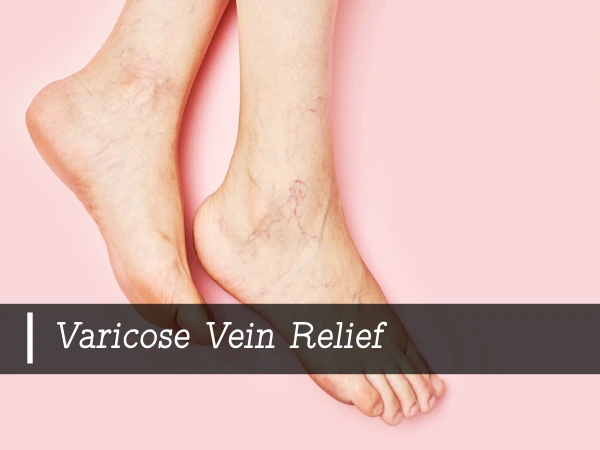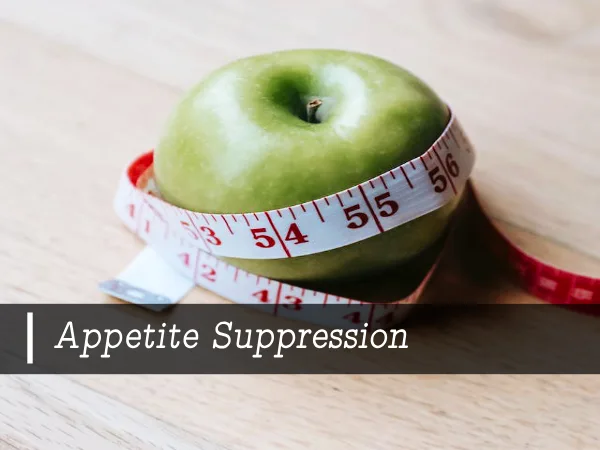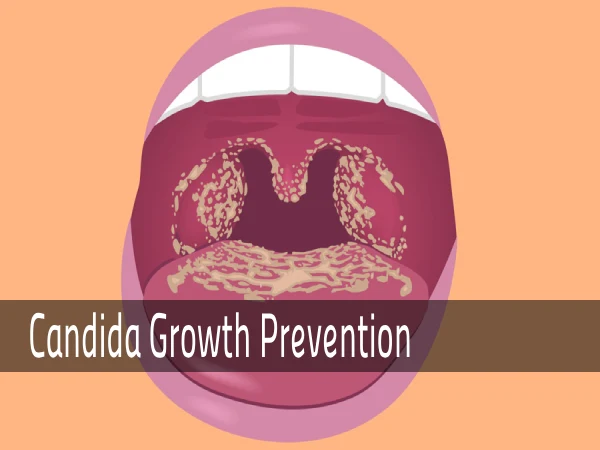Apple cider vinegar (ACV) is more than just a kitchen staple; it’s a versatile elixir that has been praised for its potential health benefits.
From aiding in weight management to contributing to heart health, ACV has garnered attention for its various applications.
In this comprehensive guide, we’ll go into 20 health benefits of apple cider vinegar, exploring its potential impact on weight loss, diabetes management, heart health, and much more.
Table of Contents
Weight Management

One of the most widely studied benefits of Apple Cider Vinegar (ACV) is its potential to assist in weight management.
Research suggests that incorporating ACV into your diet may help reduce body weight, body mass index (BMI), and visceral fat.
Blood Sugar Regulation

Apple Cider Vinegar (ACV) has shown promise in helping manage type 2 diabetes.
Studies indicate that regular consumption may lead to significant reductions in fasting blood sugar levels and hemoglobin A1C.
Heart Health Boost

Research suggests that Apple Cider Vinegar may contribute to heart health by reducing triglycerides and total cholesterol levels, thereby lowering the risk of cardiovascular diseases.
Varicose Vein Relief

Applying Apple Cider Vinegar topically on varicose veins has shown positive effects, including reduced pain, cramps, swelling, itching, and anxiety about their appearance.
Appetite Suppression

Some short-term studies propose that Apple Cider Vinegar may suppress appetite, making it a potential ally for those aiming to control their calorie intake.
Antibacterial Properties

Apple Cider Vinegar’s acetic acid content provides it with antibacterial properties, making it a natural disinfectant.
Studies show potential effectiveness against bacteria like E. coli, Staphylococcus aureus, and Candida albicans.
Read More: 20 Health Benefits of Cinnamon
Blood Pressure Control

While research is in the early stages, some animal studies suggest that Apple Cider Vinegar may help reduce systolic blood pressure and blood triglycerides.
Cardiovascular Disease Risk Reduction

Apple Cider Vinegar may contribute to reducing the risk of cardiovascular diseases by impacting blood cholesterol levels, including LDL cholesterol and triglycerides.
Acid Reflux Relief

Despite its acidic nature, there are claims that Apple Cider Vinegar helps alleviate acid reflux symptoms.
However, caution is advised as it could potentially worsen heartburn.
Varicose Vein Symptom Improvement

External application of Apple Cider Vinegar on varicose veins has been linked to improvements in symptoms such as swelling, cramps, and pain.
Teeth Whitening Potential

Apple Cider Vinegar’s antibacterial and bleaching effects may contribute to reducing plaque and stains on teeth, although the acidic nature raises concerns about tooth enamel erosion.
Dandruff Treatment

Laboratory experiments suggest that Apple Cider Vinegar, with its antifungal properties, may help reduce dandruff by balancing pH and promoting the shedding of dead skin cells.
Acne Treatment

Apple Cider Vinegar antibacterial properties make it a potential candidate for treating acne when applied externally.
However, skin irritation has been reported.
Energy Boost

Acetic acid supplements, found in Apple Cider Vinegar, may stabilize blood glucose levels, preventing energy slumps and crashes.
Gut Health Improvement

Raw Apple Cider Vinegar contains gut-friendly bacteria, potentially acting as a natural probiotic to enhance digestive health.
Candida Growth Prevention

In lab studies, Apple Cider Vinegar demonstrated antifungal activity against Candida albicans, suggesting a possible role in preventing its overgrowth.
Denture Stomatitis Treatment

Due to its antifungal properties, Apple Cider Vinegar may be considered for treating denture stomatitis, although caution is advised due to potential effects on tooth enamel.
Head Lice Elimination

Anecdotal reports suggest that Apple Cider Vinegar may help eliminate head lice, but scientific evidence supporting this is limited.
Wart Removal

Similar to salicylic acid, Apple Cider Vinegar may be used to burn warts, but it should be applied with caution to avoid chemical burns.
Eczema Relief

While it’s believed that Apple Cider Vinegar’s acidic nature can balance pH and provide relief for eczema, a 2019 study found no improvement and noted skin irritation.
Learn More – 20 Health Benefits of Turmeric
1. Apple Cider Vinaigrette Quinoa Salad

Ingredients:
- 1 cup cooked quinoa
- 1 cup cherry tomatoes, halved
- 1 cucumber, diced
- 1/2 red onion, finely chopped
- 1/4 cup crumbled feta cheese
- 1/4 cup chopped fresh parsley
- 1/4 cup chickpeas
- 1/4 cup pomegranate
For the Apple Cider Vinaigrette:
- 1/4 cup extra-virgin olive oil
- 2 tablespoons apple cider vinegar
- 1 tablespoon Dijon mustard
- 1 teaspoon honey
- Salt and pepper to taste
Instructions:
- Mix quinoa, cherry tomatoes, cucumber, red onion, feta cheese, chickpeas, pomegranate, and parsley in a bowl.
- In a small bowl or jar, mix olive oil, apple cider vinegar, Dijon mustard, honey, salt, and pepper to create the dressing.
- Pour the dressing over the quinoa mix and toss it well.
- Let it chill in the fridge for 30 minutes before serving.
- Garnish with extra parsley and feta cheese.
2. Honey-Apple Cider Chicken Skewers

Ingredients:
- 1 pound chicken breasts, cubed
- 1/4 cup apple cider vinegar
- 2 tablespoons honey
- 2 tablespoons soy sauce
- 1 tablespoon olive oil
- 2 cloves garlic, minced
- 1 teaspoon ground cumin
- 1 teaspoon paprika
- Salt and pepper to taste
- Wooden skewers
Instructions:
- Mix apple cider vinegar, honey, soy sauce, olive oil, garlic, cumin, paprika, salt, and pepper for the marinade.
- Marinate chicken cubes for 30 minutes.
- Grill skewers for 8-10 minutes, basting with the marinade.
- Serve with your favorite sides.
3. Apple Cider Vinegar Berry Smoothie

Ingredients:

- 1 cup mixed berries
- 1/2 banana
- 1 cup spinach leaves
- 1/2 cup Greek yogurt
- 1 tablespoon chia seeds
- 1 tablespoon apple cider vinegar
- 1 cup almond milk
- Ice cubes (optional)
Instructions:

- Blend berries, banana, spinach, yogurt, chia seeds, apple cider vinegar, and almond milk until smooth.
- Add ice cubes for extra chill.
- Pour into a glass and enjoy!
Nutrition Charts
Apple Cider Vinegar Nutrition Facts (per 100 g):
| Nutrient | Quantity |
|---|---|
| Energy | 90 kJ |
| Carbohydrates | 0.93 g |
| Sugars | 0.40 g |
| Dietary Fibre | 0 g |
| Fat | 0 g |
| Protein | 0 g |
Vitamins (per 100 g):
| Vitamin | Quantity | %DV† |
|---|---|---|
| Vitamin A equiv. | 0 mg | 0% |
| Thiamine (B1) | 0 mg | 0% |
| Riboflavin (B2) | 0 mg | 0% |
| Niacin (B3) | 0 mg | 0% |
| Vitamin B6 | 0 mg | 0% |
| Folate (B9) | 0 μg | 0% |
| Vitamin B12 | 0 μg | 0% |
| Vitamin C | 0 mg | 0% |
| Vitamin E | 0 mg | 0% |
| Vitamin K | 0 μg | 0% |
Minerals (per 100 g):
| Mineral | Quantity | %DV† |
|---|---|---|
| Calcium | 7 mg | 1% |
| Iron | 0.20 mg | 2% |
| Magnesium | 5 mg | 1% |
| Phosphorus | 8 mg | 1% |
| Potassium | 73 mg | 2% |
| Sodium | 5 mg | 0% |
| Zinc | 0.04 mg | 0% |
Other Constituents (per 100 g):
| Constituent | Quantity |
|---|---|
| Water | 93.81 g |
Final Words
Apple cider vinegar, with its diverse array of potential health benefits, has become a popular addition to many wellness routines.
From weight management to heart health, its applications are wide-ranging.
While promising, it’s crucial to use ACV judiciously, considering potential risks and interactions, and consulting healthcare professionals when needed.
Incorporating ACV into your lifestyle, whether through culinary uses or diluted drinks, can be a flavourful and potentially health-conscious choice.
As with any supplement or remedy, moderation and awareness are key to harnessing the benefits of apple cider vinegar.
- INFORMATION SOURCES